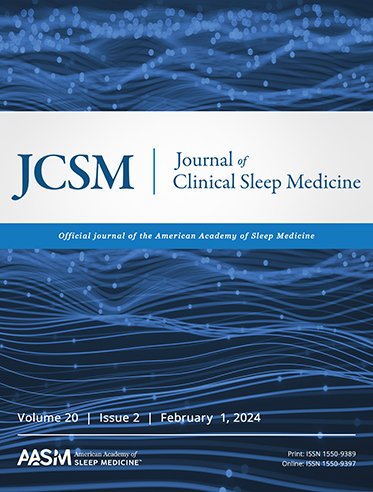
Effect of the Depth of Cold Water Immersion on Sleep Architecture and Recovery Among Well-Trained Male Endurance Runners
This study looks at the effect of the depth of cold-water immersion on sleep architecture and recovery among well-trained male endurance athletes.
Whole-body immersion including the head for 10 minutes following an intensive run resulted in significantly higher proportion of slow-wave sleep during the first 180 min of the night compared to those partially immersed in cold water (up to the hip).
WHOLE and PARTIAL induced a significant decrease in arousal for the duration of the night compared with CONTROL, while only WHOLE decreased limb movements compared with CONTROL.
No significant differences between conditions were observed for any markers of fatigue and muscle damage throughout the 48-h recovery period.
More research is needed to determine if positive sleep outcomes result in overall recovery optimisation for athletes.

Bright light therapy for CPAP-resistant OSA symptoms
Because we have expertise with diagnosis and treatment of not only obstructive sleep apnoea but also insomnia and circadian sleep problems, we are can bring those techniques into play to help with CPAP patients who experience persistent sleep pattern issues when they first start CPAP treatment. This month, research supporting that type of multi-modal approach was published by Soreca et al in the Journal of Clinical Sleep Medicine.
STUDY OBJECTIVES: Sleep fragmentation and daytime sleepiness often persist in patients with sleep apnea despite correctly administered continuous positive airway pressure (CPAP). Our proof-of-concept study tested the acceptability and efficacy of morning bright light therapy (BLT) to improve sleep, circadian rhythms, and CPAP-resistant daytime symptoms in patients with sleep apnea.